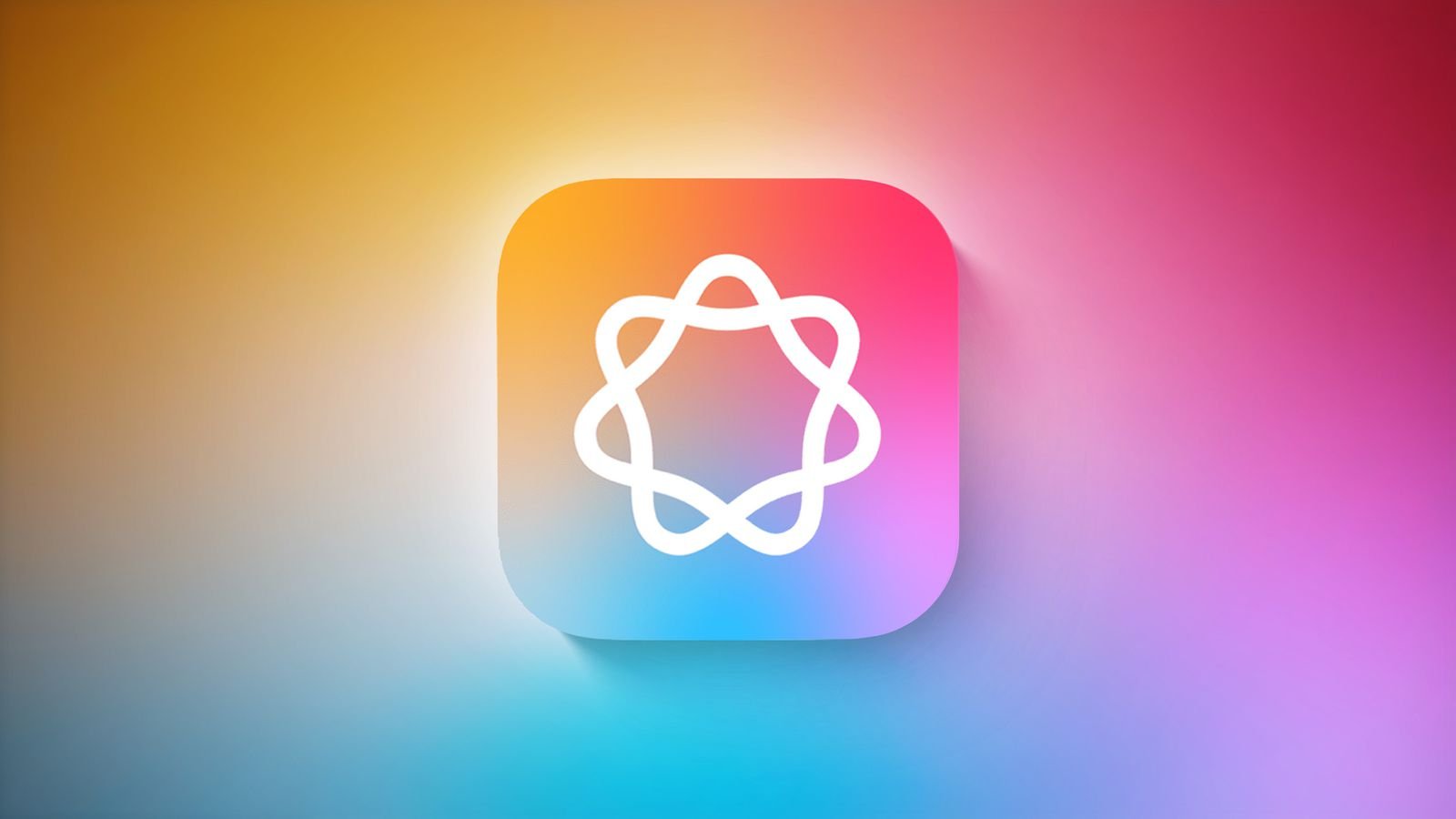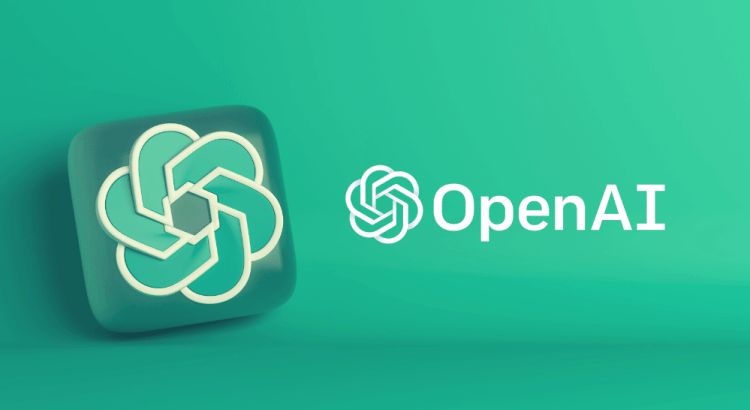Apple’s recent announcement of Apple Intelligence, their new personal intelligence system, has sparked excitement and curiosity among tech enthusiasts and Apple users alike. This groundbreaking AI technology promises to revolutionize how we interact with our devices, but it’s important to note that not all Apple products will be compatible with this new feature. Let’s dive into which devices will support Apple Intelligence and explore some related developments in Apple’s AI journey.
Compatible Devices
Apple Intelligence will be available as part of iOS 18, iPadOS 18, and macOS Sequoia, set to release in beta this fall. However, due to the advanced processing requirements of this AI system, only certain devices will be able to support it.
iPhones:
- iPhone 15 Pro
- iPhone 16 Pro
- iPhone 15 Pro Max
- iPhone 16 Pro Max
iPads:
- iPad Pro models with M1 chip or later
- iPad Air models with M1 chip or later
- iPad Mini 7
Macs:
- All Mac models with M1 chip or later
It’s worth noting that older iPhone models, including the base iPhone 15 and earlier versions, will not be compatible with Apple Intelligence. This limitation is primarily due to the system’s reliance on the device’s short-term memory capacity rather than the processors themselves.

Apple Intelligence Features
Apple Intelligence is designed to combine the power of generative models with personal context, delivering highly relevant and useful intelligence across Apple’s ecosystem. Some key features include:
- Enhanced language and image understanding
- Cross-app functionality
- Personalized task acceleration
- Improved Siri capabilities
- Advanced photo editing tools
- Smarter event planning
These features will be deeply integrated into iOS 18, iPadOS 18, and macOS Sequoia, offering users a more intuitive and efficient experience across their devices.
Privacy and Security
A cornerstone of Apple Intelligence is its commitment to user privacy. The system utilizes on-device processing for many of its functions, ensuring that personal data remains secure. For more complex requests requiring additional processing power, Apple has introduced Private Cloud Compute.
Private Cloud Compute allows Apple Intelligence to scale its computational capacity by leveraging larger, server-based models while maintaining strict privacy protections. This innovative approach ensures that user data is never retained or exposed, setting a new standard for privacy in AI.

ChatGPT Integration
In an interesting development, Apple is integrating ChatGPT access into experiences within iOS 18, iPadOS 18, and macOS Sequoia. This integration will allow users to tap into ChatGPT’s expertise without switching between different tools. Siri will be able to leverage ChatGPT’s capabilities when needed, and users will have access to ChatGPT’s image generation tools through Apple’s systemwide Writing Tools.
It’s important to note that privacy protections are built into this integration. Users’ IP addresses will be obscured, and OpenAI won’t store requests. ChatGPT access will be available for free without requiring an account, while ChatGPT subscribers can connect their accounts to access paid features.
Apple’s Partnership with OpenAI
In a surprising move, Apple is set to secure an observer role on OpenAI’s board as part of a landmark agreement announced last month. This position, similar to Microsoft’s role in OpenAI, signifies a strengthening bond between Apple and the AI research company.
Phil Schiller, Apple’s former marketing executive who now heads the App Store, has been chosen to fill this observer role. While not a full director, Schiller’s presence on the board as an observer will play a significant part in shaping the partnership between Apple and OpenAI.
Impact on Apple’s Supply Chain
The introduction of Apple Intelligence could have far-reaching effects on Apple’s supply chain, particularly for its primary chip supplier, Taiwan Semiconductor Manufacturing Co (TSMC). As Apple Intelligence relies heavily on the on-device processing and advanced chip capabilities, there could be a surge in demand for more sophisticated chips.
This increased demand might not only benefit TSMC directly through higher orders from Apple but could also influence other device manufacturers to seek more advanced chips. As a result, TSMC could see significant growth in the coming years, potentially pushing its market cap towards the $1 trillion mark.

Future Implications
The launch of Apple Intelligence marks the beginning of a new era in edge AI, where complex algorithms and models run directly on user devices. This shift could drive a new wave of iPhone upgrades as users seek devices capable of handling these advanced AI features.
Moreover, Apple’s development of Private Cloud Compute (PCC) to support third-party large language models and advanced LLMs opens up new possibilities for partnerships with businesses and developers. This could create additional revenue streams for Apple and further drive demand for TSMC’s services.
Conclusion
Apple Intelligence represents a significant leap forward in AI technology for Apple devices. While its initial rollout will be limited to newer, more powerful devices, it sets the stage for a future where AI is deeply integrated into our daily digital interactions. The partnership with OpenAI, the integration of ChatGPT, and the potential impact on Apple’s supply chain all point to an exciting future for AI in the Apple ecosystem.
As we look forward to the beta release of iOS 18, iPadOS 18, and macOS Sequoia this fall, it’s clear that Apple is positioning itself at the forefront of AI innovation in consumer technology. Whether you’re an iPhone 15 Pro user eager to experience these new features or an owner of an older device considering an upgrade, the advent of Apple Intelligence marks an exciting new chapter in the evolution of our digital devices.





One thought on “Apple Intelligence: A New Era of AI for Apple Devices”
Comments are closed.